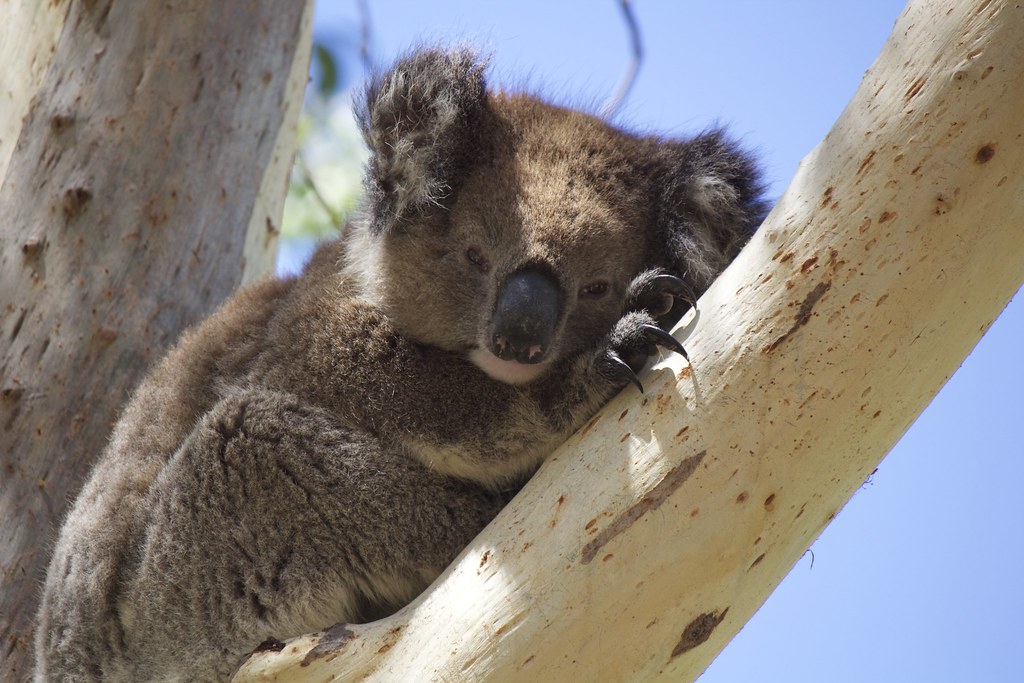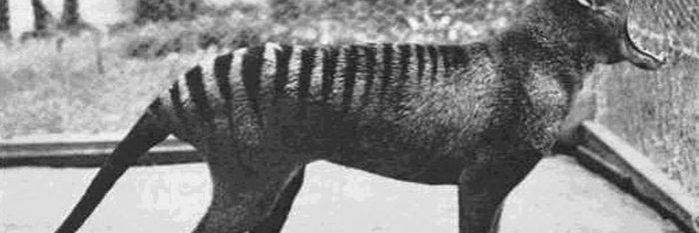University of Melbourne Professor Andrew Pask believes that within ten years we could see a living baby thylacine. Source: Ricardo Guimarães, Flickr.
A multi-million dollar project is planning to bring back the Tasmanian tiger to its native Tasmania, after being extinct for almost 90 years.
Tasmanian tigers, or thylacines, have not been verifiably sighted since 1936 when the last one in captivity died in Hobart.
They were once the largest carnivorous marsupial and officially declared extinct in the 1980s.
Now the University of Melbourne has announced it will partner with Colossal, a US-based genetic engineering company, in an effort to bring the animal back from extinction.
Colossal also announced last year it wants to use its genetic engineering techniques to recreate the woolly mammoth and return it to the Arctic tundra.
University of Melbourne Professor Andrew Pask will be leading the Thylacine Integrated Genomic Restoration Research (TIGRR) lab and believes that “in ten years’ time we could have our first living baby thylacine” since it became extinct.
“The ultimate goal of this project is not to just bring back the thylacine, but to get to a point where it can be put back into its natural environment in Tasmania,” he said.
He says that they have everything they need to de-extinct the Tasmanian tiger.
“There is no technology we need to bring an animal back that we don’t already have”.

He and the TIGGR lab will focus on establishing the reproductive technologies tailored to Australian marsupials, like IVF and gestation without a surrogate, while Colossal use their CRISPR gene editing and computational technology to reproduce DNA of the thylacine.
Colossal co-founder and chief executive, Ben Lamm said they will “take DNA from existing species that are the closest relatives, in the case of the thylacine it’s the fat-tailed dunnart”.
“We compare the genomes so we can get a better understanding of the genetic differences.”
After that, Professor Pask said they will be going into the cells and begin making edits to engineer a dunnart cell into a thylacine cell.
“We can then use reproductive technologies such as IVF to turn the cell into a whole living organism.”
It is hoped this project will be able to help other marsupials like the koala, which have become more vulnerable to bushfires and natural disasters.
In response to those criticising this as meddling with nature, Professor Pask said “when people say we are playing god, I say we do it all the time, we certainly played god when we exterminated the thylacine”.





